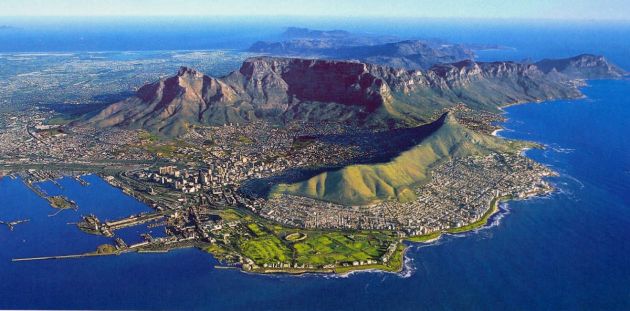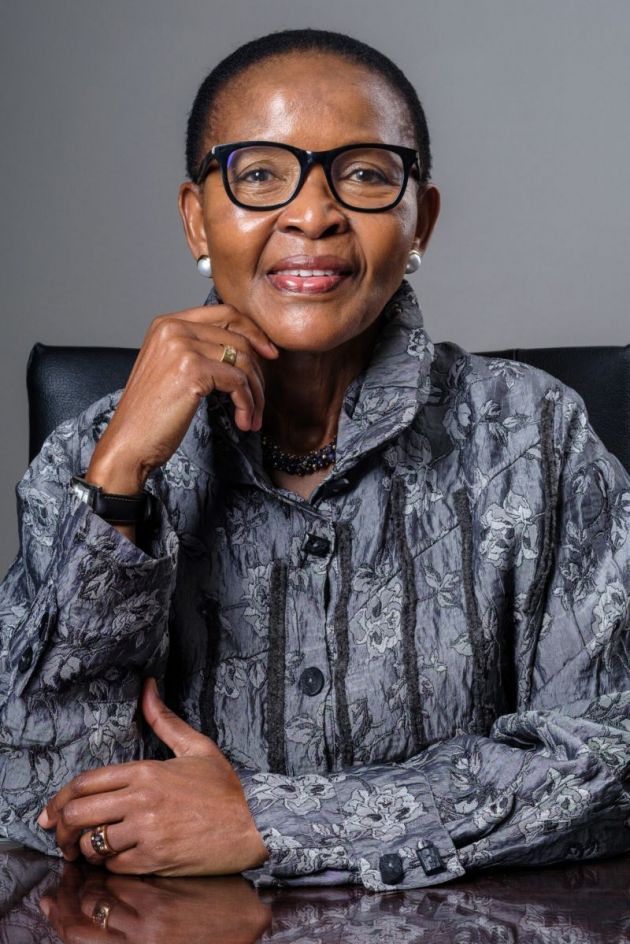Trauma and forgiveness expert, Pumla Gobodo-Madikizela, gets 2024 Templeton Prize

Trauma and forgiveness expert Dr. Pumla Gobodo-Madikizela has joined the late Desmond Tutu and Jane Goodall to Receive One of the World's Largest Individual Lifetime Achievement Awards, the 2024 Templeton Prize.
She was pronounced the winner of the 2024 Templeton in Pennsylvania, USA on June 4, 2024.
Gobodo-Madikizela is a professor and South African National Research Foundation's Chair in Violent Histories and Transgenerational Trauma.
She is also the director of the Centre for the Study of the Afterlife of Violence and the Reparative Quest at Stellenbosch University.
Her insights into the mechanisms of trauma and forgiveness in post-apartheid South Africa have created a globally recognized model for social healing in the aftermath of conflict, a model she calls "the reparative quest," says the Templeton website
Established by the late global investor and philanthropist Sir John Templeton, the foundation says the prize is given to honor those who harness the power of the sciences to explore the deepest questions of the universe and humankind's place and purpose within it.
"Dr. Gobodo-Madikizela, has a remarkable grasp of the personal and social dynamics that allow for healing in societies wounded by violence," according to her citation.
" As a psychologist, scholar, and commentator, she has served as a guiding light within South Africa as it charts a course beyond apartheid, facilitating dialogue to help people overcome individual and collective trauma."
Templeton says her work underscores the importance in contemporary life of cultivating the spiritual values of hope, compassion, and reconciliation.
Gobodo-Madikizela, 69, was an influential member of the Human Rights Violations Committee of South Africa's Truth and Reconciliation Commission that aimed to address the injustices of apartheid.
Her award-winning 2003 book A Human Being Died That Night recounts her conversations with the former commander of state-sanctioned death squads, Eugene de Kock, and argues for the possibility of remorse, accountability, and forgiveness.
Gobodo-Madikizela's career as a scholar and public figure is distinguished by her effort to repair past violence ruptures and build a path toward healing and restoration in an ongoing process she calls "the reparative quest."
HUMANITY TO VICTIMS
According to Templeton, in international lectures and books, she displays keen sympathy and a deep humanity toward victims as well as perpetrators of traumatic experiences.
Dill noted: "Her achievements mark her as a leading figure in understanding and confronting the deeply rooted psychological scars borne by those who experienced unimaginable loss."
In a statement for the Templeton Prize, Gobodo-Madikizela said: "Through the many encounters I had in my work when I served on the Truth and Reconciliation Commission, I learned that ordinary people, under certain circumstances, are capable of far greater evil than we could have imagined.

"But so are we capable of far greater virtue than we might have thought."
She said her research is based on this possibility of human transformation, on probing deeper to understand the conditions necessary to restore the values of what it means to be human—to want to preserve the dignity and life of the other.
"This is the essence of an accountable Ubuntu, a word from my language that is a foundational moral force that reaffirms our shared humanity. I feel a deep sense of gratitude for this prize," said Gobodo-Madikizela.
"The great opportunity it opens for me to work with the next generation of future leaders who will pursue research on these urgent questions is a rare gift."
Gobodo-Madikizela was born in 1955 in Langa, one of the oldest townships designated for black residents outside Cape Town, South Africa.
She is the eldest daughter of Tukela and Nobantu Gobodo.
Growing up under apartheid, she witnessed the harm of segregation, discrimination, racism, and state brutality.
The Templeton Prise winner remembered hiding as armoured cars drove through her neighborhood during the apartheid era.
Only when returning to the area in freedom later in life could she appreciate the natural beauty of her home: until the end of apartheid, "I never actually thought of Cape Town as my city," she said in a video statement for the Templeton Prize.
Currently valued at 1.1 million British pounds ($1.4 million), the award is adjusted periodically so it always exceeds the value of the Nobel Prize.